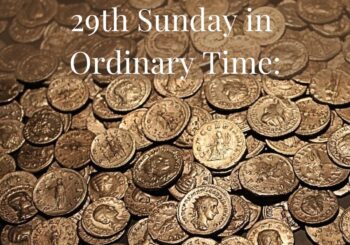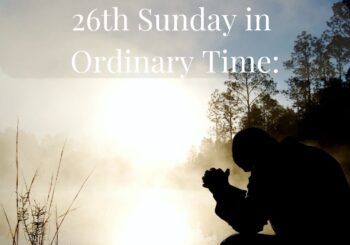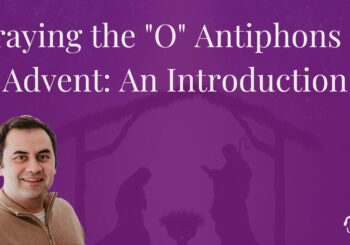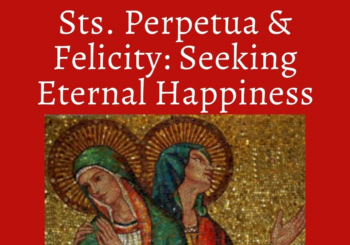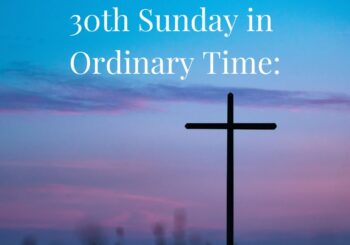
https://youtu.be/ddObgWXTEV8
On this 30th Sunday of Ordinary Time, we hear Jesus proclaim the greatest commandment, that we are to love God with our whole heart, soul and mind. This is something we hear often, and the fact that we do can te...
Read More
Read More
